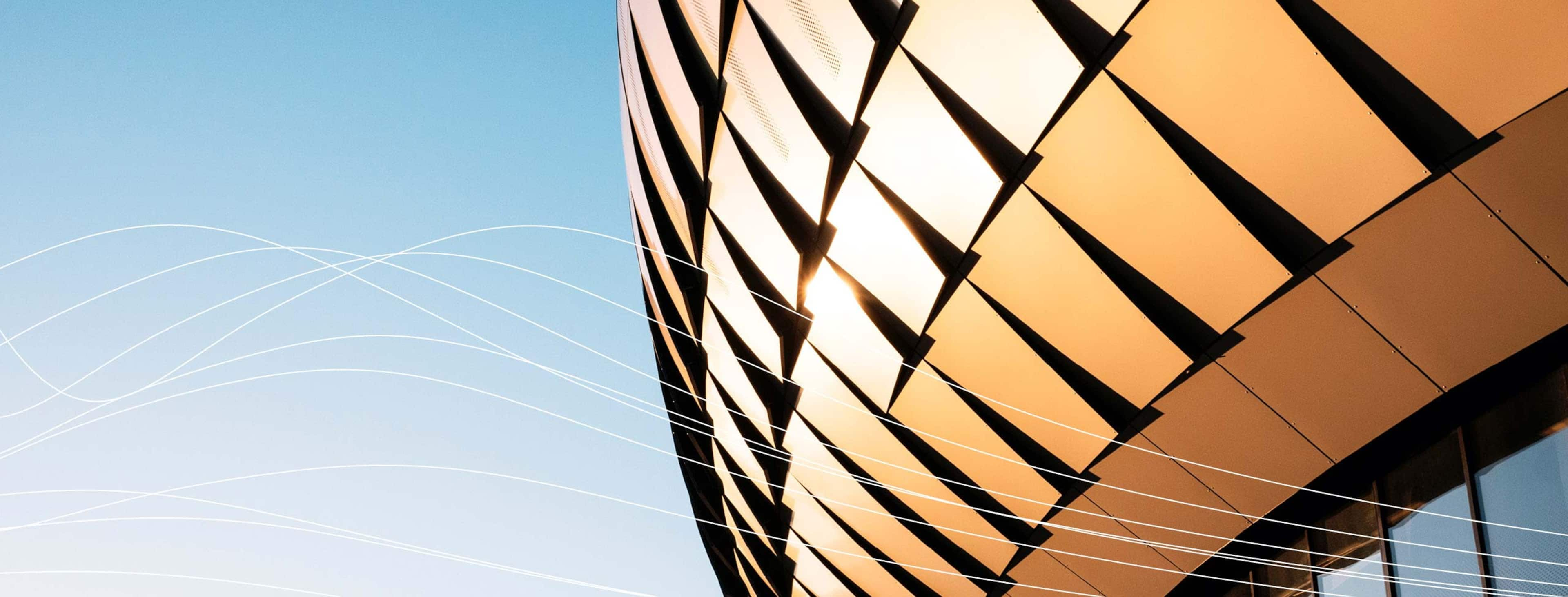Russian Government Assumes Broad Powers to Curtail IP Rights
In the flurry of new rules and regulations associated with Russian counter-measures to international sanctions, there are some important changes to Russian IP rules. One involves the compensation for compulsory licensing and the other applies to exemptions for IP rules for certain goods (or groups of goods) to be designated by the Russian Government. These rules are very new and there is no additional detail on how they will be applied.
Compulsory Licensing
Russian law has long featured a provision where the Russian Government may, in times of extreme need and for the defense and security of the state and the protection of the life and health of the population, order the compulsory licensing of inventions, utility models or industrial designs. In such cases, the right holder is to be notified and compensated. This is not new, but the compensation rates are changed by a recent government resolution, (Resolution of the Government of the Russian Federation, No. 299 of 6 March 2022).
The general rule for compensation for compulsory licensing is 0,5% of the licensee’s turnover. The new government resolution, however, creates an exception to this rule and nullifies any compensation rate for rights holders connected to “unfriendly states”. Connection with an unfriendly state would include citizenship, incorporation, location of primary place of business or profit center associated with income from the patents.
The compulsory license rule does not define what constitutes “extreme need” or provide details on what counts as a the defense and security of the state and the protection of life and health of the population, but there is a case from 2020 where the Government ordered the compulsory licensing of a COVID-19 medicine. In this case, the licensee was a private company.
Exemption of IP Rights
A new law (Russian Federal Law, "On Introduction of Amendments to Various Laws", No. 46-FZ of March 8, 2022) now allows the Russian Government to designate goods or groups of goods for which IP rights are exempted. In contrast with the compulsory license rule, this applies to all IP, including trademarks. This appears to be limited to goods rather than to their origin. On its face, this rule seems to be designed to address shortages of certain types of goods rather than to apply economic pressure on certain countries, but there is no guidance on how broadly this rule will be applied.
This rule appears to be limited only to the year 2022 and there is no indication as yet as to which goods may be designated by the government.
Devils and Details
These new rules give the Russian government broad, new powers over IP rights. While the compulsory license is intended to be applied in cases of extreme need and the exemption for application of IP protection appears to be limited to 2022 and then only to specified goods rather than origins of goods it remains to be seen how these new powers will be applied.
